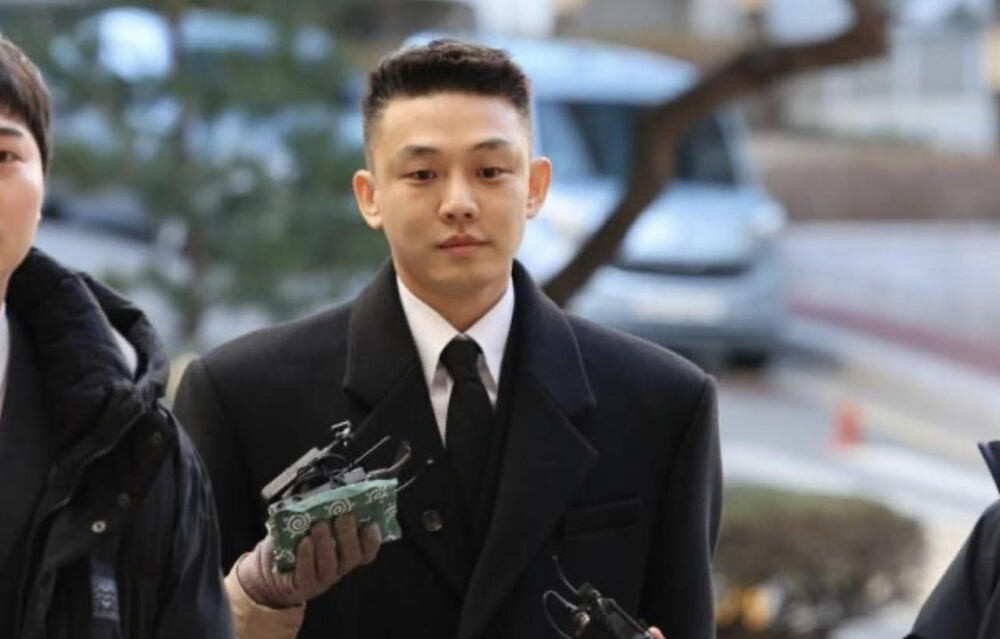
Actor Yoo Ah In completed his second trial on drug charges with remarkable brevity, lasting just 30 minutes. Yoo Ah In, known for his role in the acclaimed film 'Burning', chose not to share his stance on the matter as he exited the courtroom.
On the morning of January 23 KST, Yoo Ah In appeared for the second trial related to drug charges at the Seoul Central District Court's Criminal Agreement Division 25-1, located in Seoul. The panel of judges for this trial consisted of Chief Judges Park Jeong Gil, Park Jeong Je, and Ji Gwi Yeon.
In a manner similar to his attendance at the first trial the previous month, Yoo Ah In entered the courtroom without addressing the questions posed by reporters, who inquired about his admission of the charges, given that this was the second trial.
Much like its predecessor, the second trial was remarkably brief, lasting a mere half-hour. Yoo Ah In left the premises of the Seoul Central District Court in a vehicle, abstaining from making any public statements.
Yoo Ah In faces charges of administering medical narcotics on 181 occasions between September 2020 and March 2022 at hospitals in Seoul. These narcotics were allegedly used for sedative anesthesia during cosmetic procedures. The substances in question include 9,635.7 mL of propofol, 567 mg of midazolam, 11.5 mL of ketamine, and 200 mg of remimazolam.
Furthermore, Yoo Ah In is suspected of illicitly obtaining roughly 1,100 sleeping pills on 44 occasions, using others' names for these prescriptions, during the period from May 2021 to August of the following year. Additionally, he is accused of instigating the act of smoking marijuana while in the United States alongside four other individuals, including his accomplice, Mr. Choi.
During the first trial held in December of the prior year, Yoo Ah In's legal representative acknowledged, "We admit to the marijuana-related charges as stated in the indictment," while refuting the other allegations. The defense contends that the charges of instigating marijuana use, instructing the destruction of evidence, aiding and abetting the violation of the Narcotics Control Act, and fleeing abroad are generally subject to dispute.